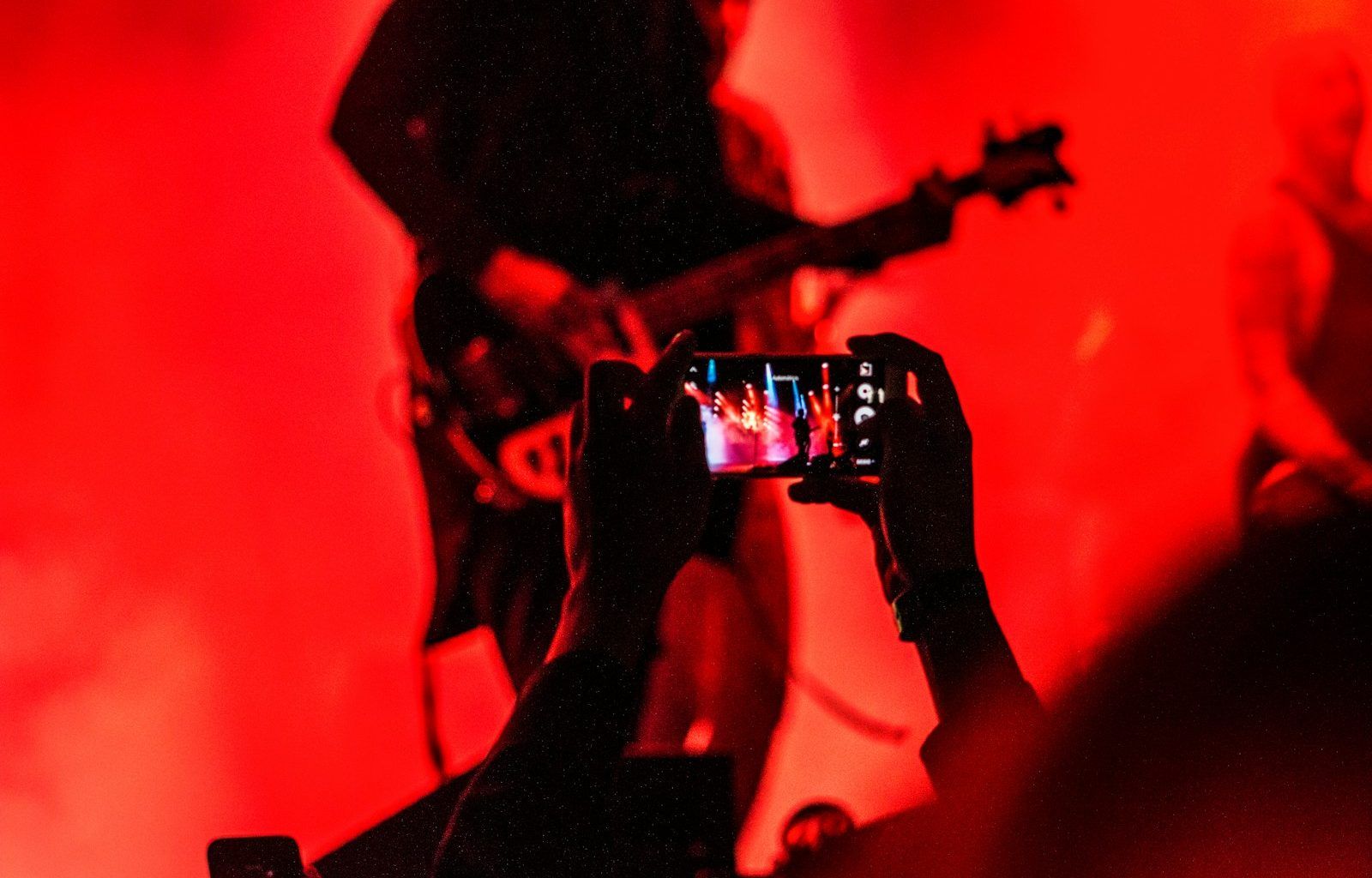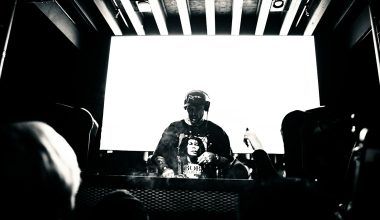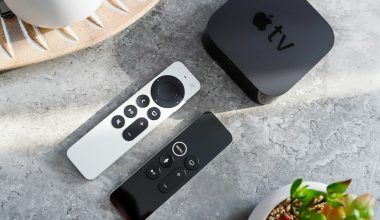Monetizing your song on all digital stores as an independent artist is an exciting and empowering process. It allows you to take control of your music career, earn revenue, and connect with fans worldwide. The digital era has opened up countless opportunities for independent musicians to thrive, but knowing where to start can be a bit overwhelming. Whether you’re just releasing your first track or looking to expand your reach, this guide will walk you through every step to turn your music into a reliable income stream.
Understanding Digital Music Monetization
To monetize your song on digital platforms, it’s essential to understand how these systems work. Digital stores like Spotify, Apple Music, Amazon Music, and Deezer allow artists to distribute their music to listeners worldwide. These platforms pay artists royalties based on streams, downloads, and purchases. The process may seem technical at first, but it becomes manageable with the right tools and knowledge.
Choose the Right Digital Distributor
The first step to getting your music on digital stores is selecting a reliable digital distributor. Platforms like DistroKid, TuneCore, and CD Baby act as middlemen, helping you upload your music to major streaming services and online stores.
When choosing a distributor, compare pricing, revenue share, and additional services. Some distributors charge a yearly fee, while others take a percentage of your earnings. Make sure to pick one that aligns with your budget and long-term goals.
Set Up Your Music Metadata Correctly
Metadata is crucial when monetizing your music. It includes your song title, artist name, genre, release date, and ISRC (International Standard Recording Code). Ensure your metadata is accurate, as it directly affects your song’s discoverability and payment processing.
Many digital distributors guide you through this process, but double-check all details before submitting your track.
Master the Art of Song Registration
To earn royalties effectively, you need to register your music with performance rights organizations (PROs) like ASCAP, BMI, or PRS. These organizations collect royalties whenever your song is streamed, played on the radio, or used in public settings. Additionally, register your music with a mechanical licensing agency to cover reproduction rights.
Leverage Pre-Save and Pre-Order Campaigns
Before releasing your song, create buzz with pre-save and pre-order campaigns. These campaigns encourage listeners to save your music on platforms like Spotify or purchase it on stores like iTunes before the release date. Pre-saves improve your chances of landing on curated playlists, which can significantly boost your streams.
Optimize Your Digital Presence
Your online presence plays a vital role in monetizing your song. Update your social media profiles, create a website, and engage with your audience regularly. Use platforms like Instagram, TikTok, and Twitter to share snippets of your song, behind-the-scenes content, and announcements.
A professional-looking artist profile on streaming platforms like Spotify and Apple Music is equally important. Claim your artist profiles to add a bio, photos, and links to your other platforms.
Promote Your Song Strategically
Promotion is key to maximizing your song’s reach. Here are a few strategies to consider:
- Collaborate with Influencers: Partner with social media influencers to promote your song.
- Use Paid Ads: Invest in targeted ads on platforms like Facebook, Instagram, and YouTube.
- Pitch to Curators: Submit your track to playlist curators on Spotify and Apple Music.
- Engage with Fans: Host live sessions or Q&A events to connect with your audience.
Understand Royalties and Revenue Streams
When you monetize your song on digital stores, there are several types of royalties to track:
- Streaming Royalties: Earned from platforms like Spotify and Apple Music when your song is streamed.
- Mechanical Royalties: Generated when your song is downloaded or reproduced.
- Performance Royalties: Collected when your song is played in public settings or on the radio.
- Sync Licensing: Earn money when your song is used in movies, ads, or TV shows.
Create Merch and Bundle Offers
Adding merchandise to your offerings can significantly boost your earnings. Design T-shirts, posters, or vinyl records featuring your branding or lyrics. You can also bundle your music with merch to provide more value to your fans.
Analyze and Adapt with Streaming Insights
Most digital platforms offer analytics tools to help you understand your audience. Use these insights to identify your most popular tracks, regions where you have the most listeners, and the demographics of your audience. This data can guide your promotional efforts and future releases.
Consistency Is Key
Releasing music consistently keeps your audience engaged and improves your chances of being discovered. Plan your releases strategically, and make sure each song aligns with your overall brand.
Conclusion
Monetizing your song on all digital stores as an independent artist is more accessible than ever. By understanding the process, choosing the right tools, and promoting your music effectively, you can turn your passion into a sustainable career. Remember, patience and consistency are essential. Take small, deliberate steps, and you’ll see the rewards of your efforts over time.
Start your journey today, and let your music reach the ears of fans worldwide.
For further reading, explore these related articles:
- How Do You Share Music on Instagram?
- Unlock Your Music’s Potential with BandLab AI Mastering
- What Does A&R Mean? Your Ultimate Guide to Artist and Repertoire
For additional resources on music marketing and distribution, visit DMT Records Private Limited.






